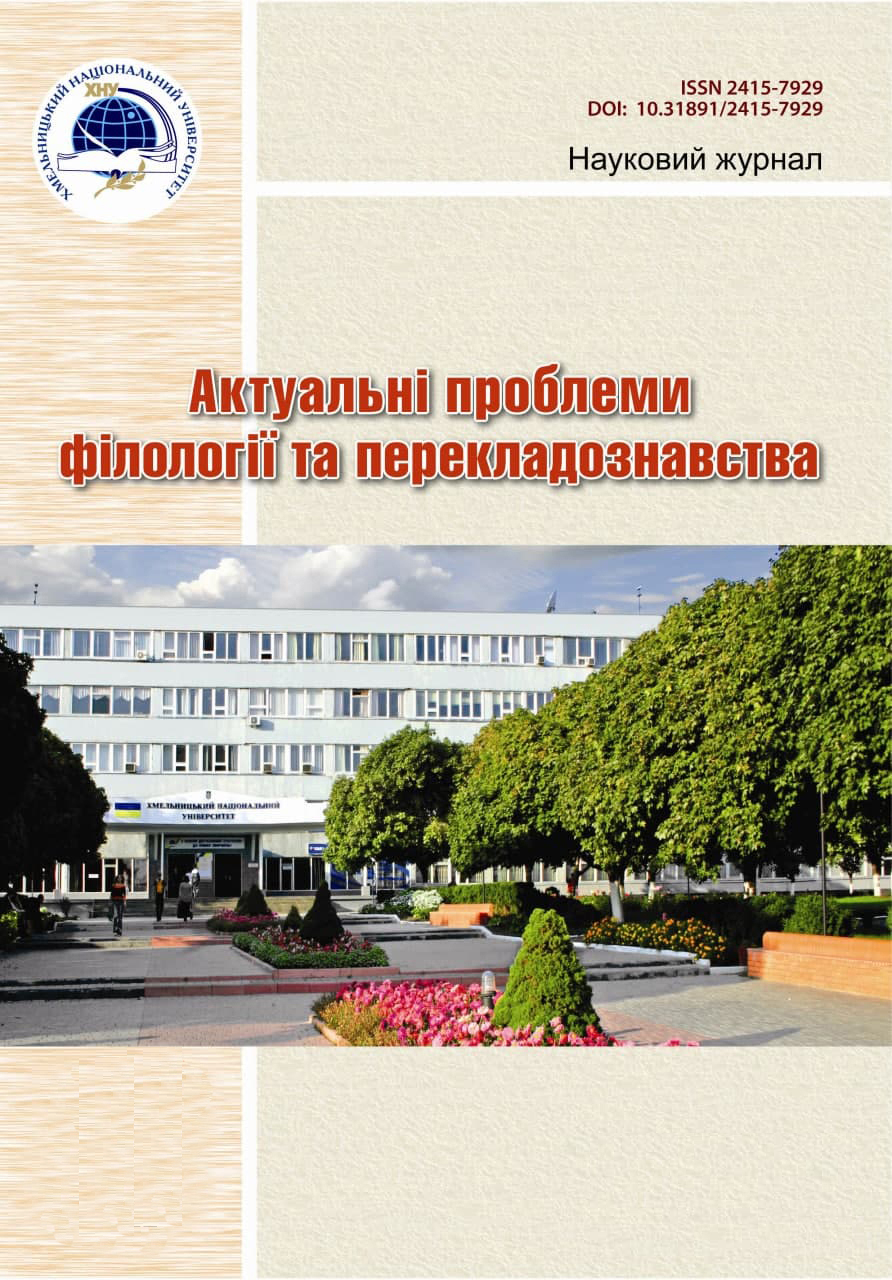SEMANTIC FEATURES OF MÜSSEN AND SOLLEN MODAL VERBSAND THEIR REFLECTION IN GERMAN-UKRAINIAN TRANSLATION
DOI:
https://doi.org/10.31891/2415-7929-2021-22-12Keywords:
modality, modal verbs, semantic meaning, translation, müssen, sollenAbstract
The article analyzes the problem of semantic differentiation of modal verbs of the German language müssen and sollen. Modal verbs express modality, which is analyzed by scientists in terms of phonetics, morphology, syntax, semantics. The concept of modality is characterized by scholars in different ways, and therefore the meaning of modal verbs may be related to the difficulties of their understanding and use. Most modal verbs of the German language do not cause special problems either with their interpretation or with their translation into Ukrainian.
What cannot be said about modal verbs müssen and sollen. It was found that the textbooks on German grammar do not have enough information about the specifics of these modal verbs to meet the knowledge needs of those who study German. Action with sollen is caused by the will of someone else, whereas with müssen action is objectively necessary. However, sollen is understood as a müssen specification when it comes to a requirement. Therefore, müssen and sollen can replace each other. In particular, attention is focused on the different degree of strength of expression müssen and sollen, the degree of their specification, taking into account the situation of communication. Because of this, the semantic difference between these modal verbs can be clearly illustrated only contextually. It is determined that in the Ukrainian language there are no equivalents of these modal verbs to reflect the requirement.
Instead, there are modal predicates available, formed by modal adjectives or modally colored full verbs, but also with impersonal constructions. The analysis allows us to conclude that the Ukrainian language cannot always convey the semantic issues and ambiguity of müssen and sollen. Thus, when working with these modal verbs there is a thought process, the beginning and end of which is the context.
Downloads
Published
Issue
Section
License
Copyright (c) 2021 В. КОНАРЖЕВСЬКА (Автор)

This work is licensed under a Creative Commons Attribution 4.0 International License.

